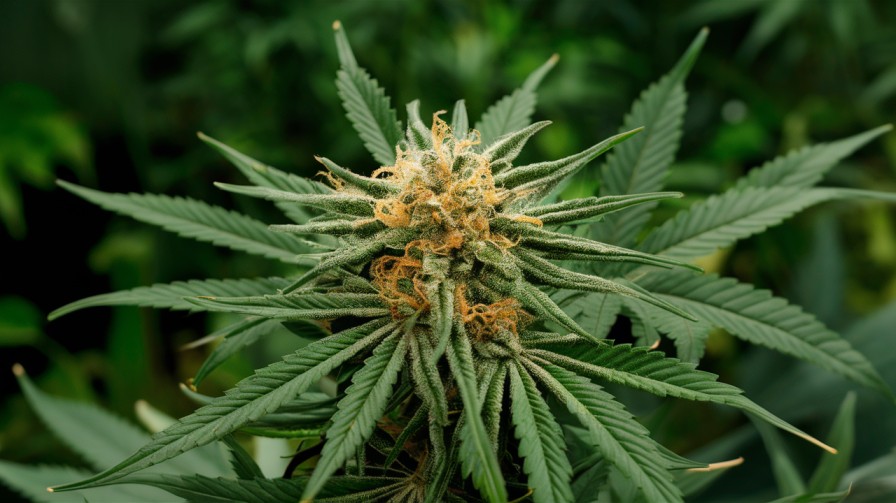Introduction
Cannabis is a plant that has been used for its medicinal and recreational properties for centuries. In Spain, cannabis has a long history dating back to the 8th century when it was introduced by the Moors. Today, it continues to be an important part of Spanish culture and economy.
In this article, we will explore the basics of cannabis in Spain and what you need to know about its history, laws, and current status.
History of Cannabis in Spain
As mentioned earlier, cannabis was introduced to Spain by the Moors in the 8th century. It was primarily used for medicinal purposes and was highly valued for its therapeutic properties.
During the Spanish Inquisition in the 15th century, cannabis use was prohibited and heavily punished. However, it continued to be used illegally for both medicinal and recreational purposes.
In the 19th century, Spain’s colonial expansion brought cannabis to its American colonies where it became an important crop. This also led to an increase in domestic production and consumption of cannabis in Spain.
Legal Status of Cannabis in Spain
Currently, cannabis is classified as a controlled substance in Spain and possession, cultivation, and distribution for recreational purposes is illegal. However, the personal use of cannabis is decriminalized and considered a misdemeanor offense punishable by fines.
In 2017, Spain legalized the cultivation of cannabis for personal use in private spaces. This has led to an increase in “cannabis clubs” where members can legally grow and consume cannabis together.
Medical Cannabis in Spain
Medical cannabis has been legal in Spain since 1999, but its use is highly regulated. Only patients with certain conditions such as multiple sclerosis, cancer, and chronic pain are allowed to access medical cannabis through a prescription from a doctor.
However, the production and distribution of medical cannabis is not well-established in Spain, leading many patients to rely on imported products.
Current Debate and Future of Cannabis in Spain
There is currently a growing movement in Spain for the legalization of recreational cannabis use. Many argue that this could bring economic benefits through taxation and regulation, as well as reduce the black market for cannabis.
However, there are also concerns about potential health effects and social impacts of legalizing recreational cannabis use. The government has not yet made any moves towards full legalization, but the debate continues.
Conclusion
Cannabis has a long and complex history in Spain and its current legal status remains a topic of debate. While medical cannabis is legal and can be accessed by some patients, recreational use is still illegal although decriminalized. Whether or not Spain will legalize recreational cannabis in the future remains to be seen, but it is clear that cannabis will continue to have a significant presence in Spanish culture and society. So, it’s important for individuals to stay informed about the laws and regulations surrounding cannabis in Spain. Additionally, further research on the potential benefits and risks of cannabis use can help inform future decisions on its legalization or continued prohibition. Overall, cannabis in Spain remains a complex and evolving topic that requires attention and understanding.
Connect with Us
For additional content, updates, and visual insights into the cannabis lifestyle in Barcelona, visit our YouTube channel, follow us on Instagram, and explore our cannabis-related content on Pinterest.
Embark on your own journey into the heart of Barcelona’s cannabis culture. Join a cannabis club, connect with the community, and discover the unique and enriching experiences that await you.
If you have any further questions or need more information, feel free to explore the links provided or reach out to the respective clubs directly.
Happy exploring and enjoy your cannabis club experience in Barcelona!




